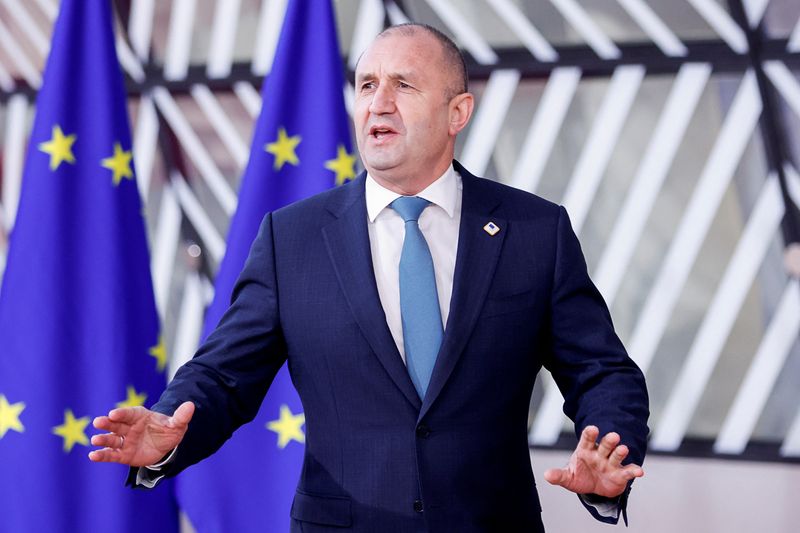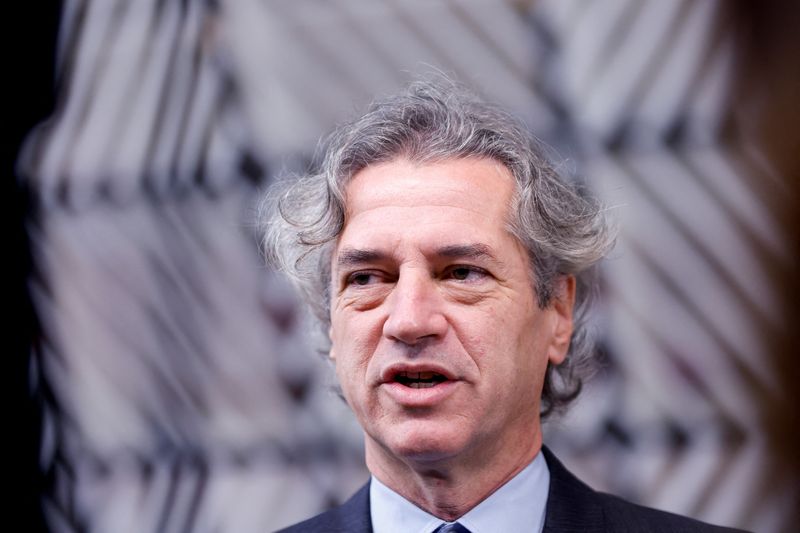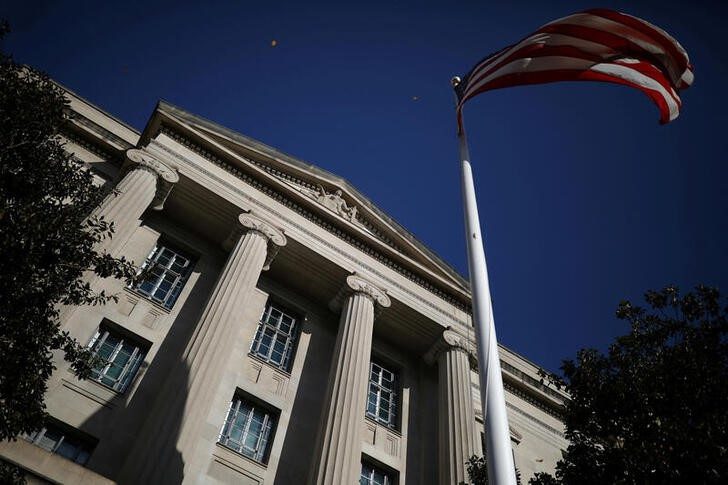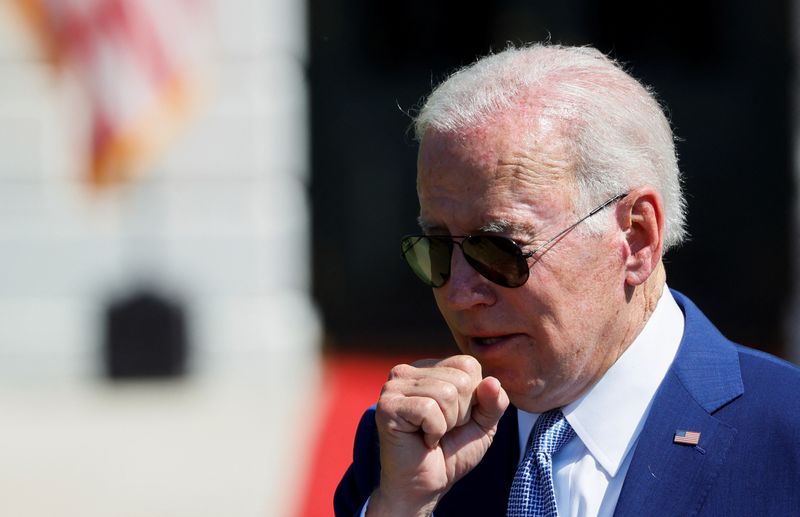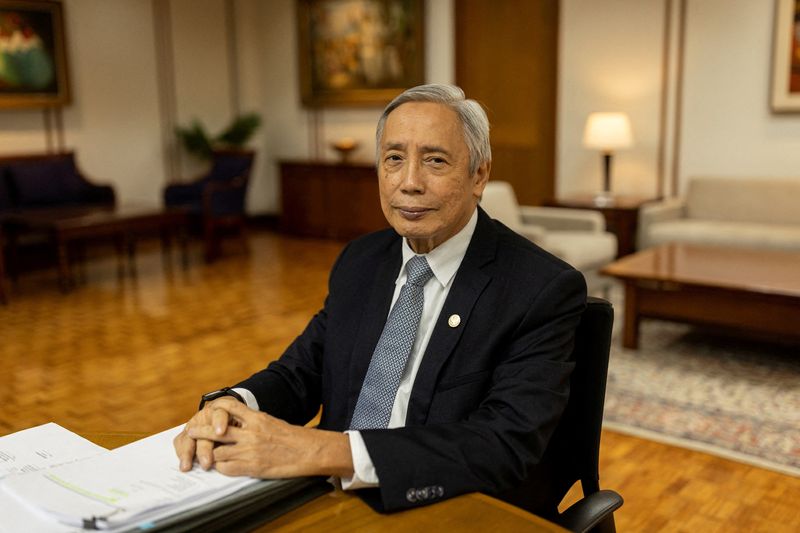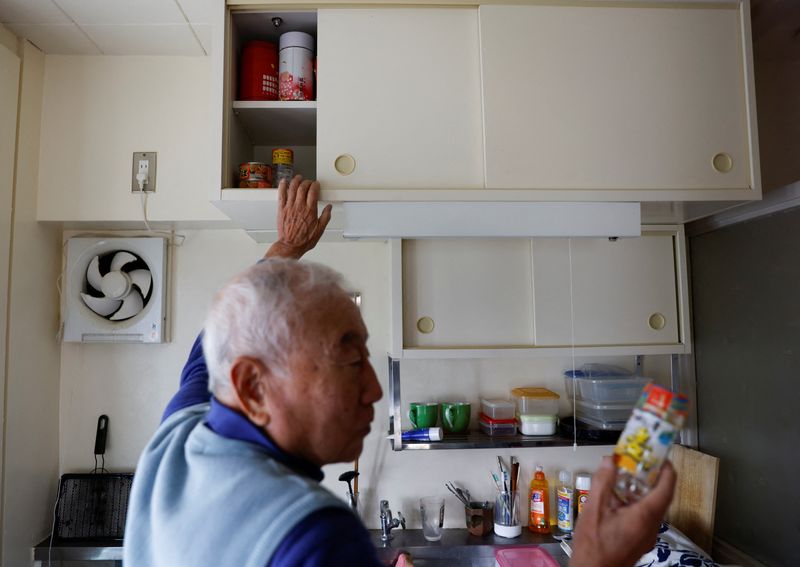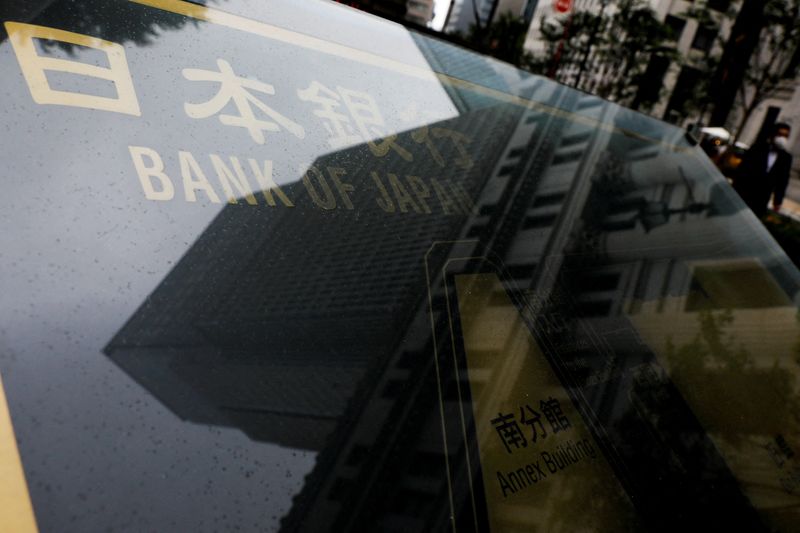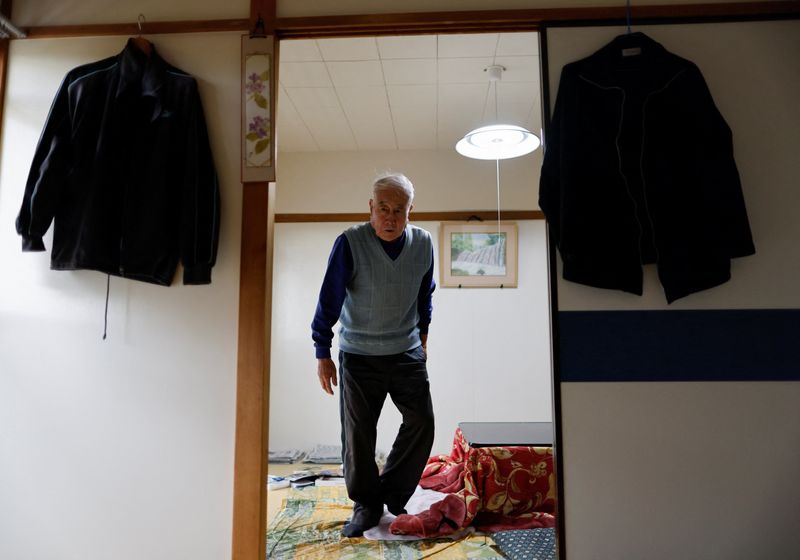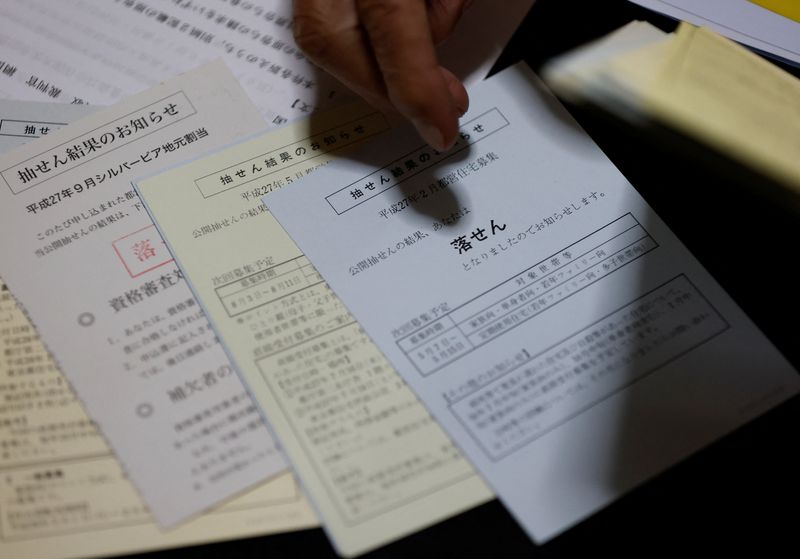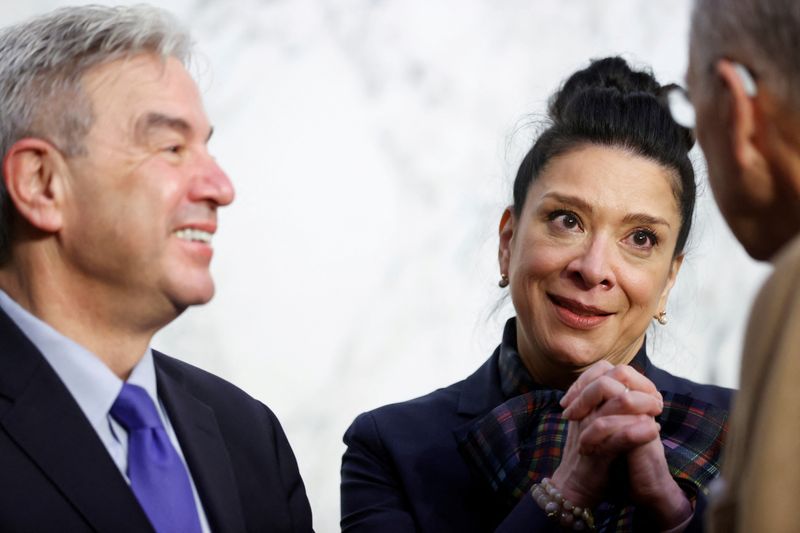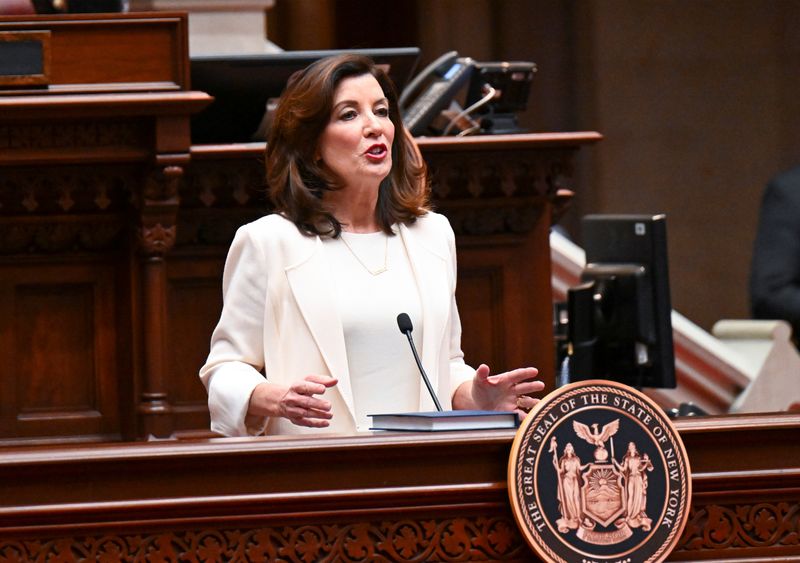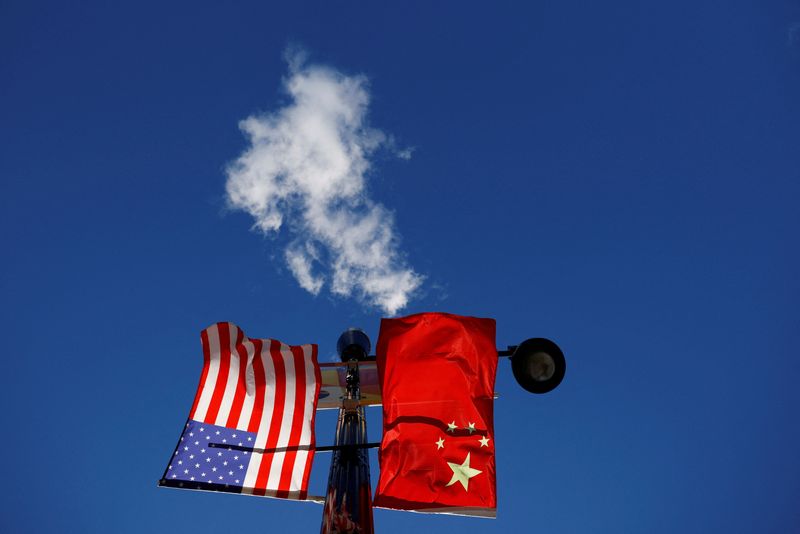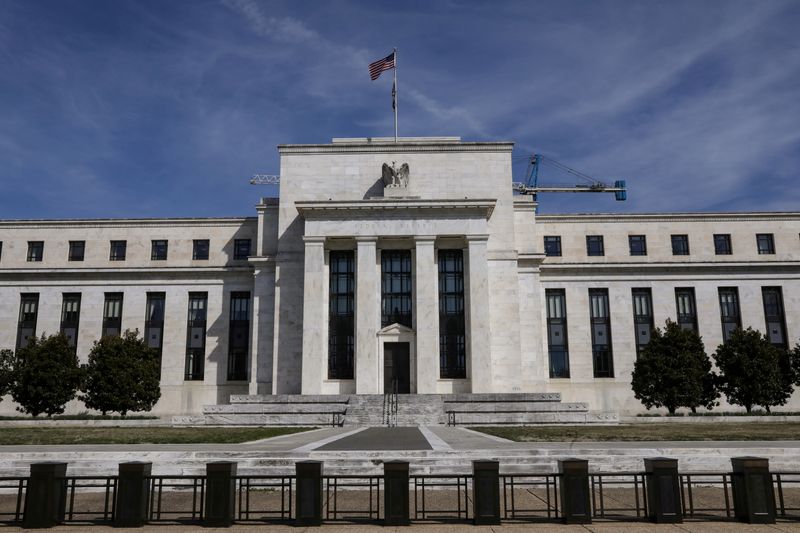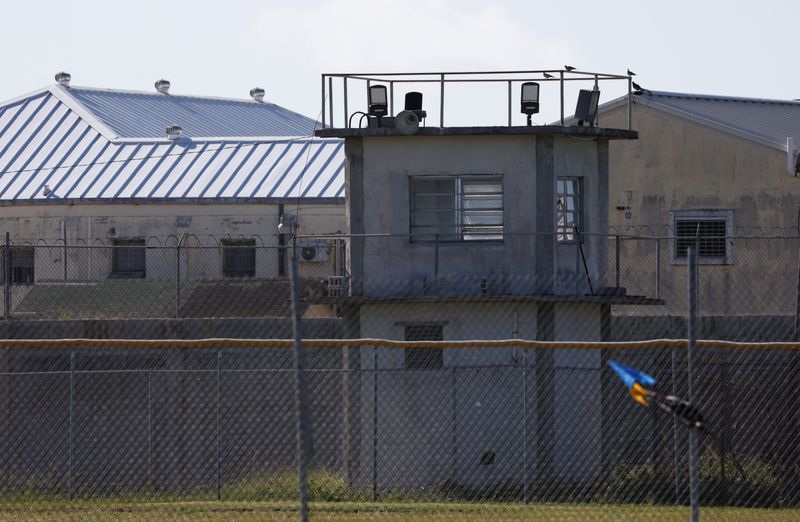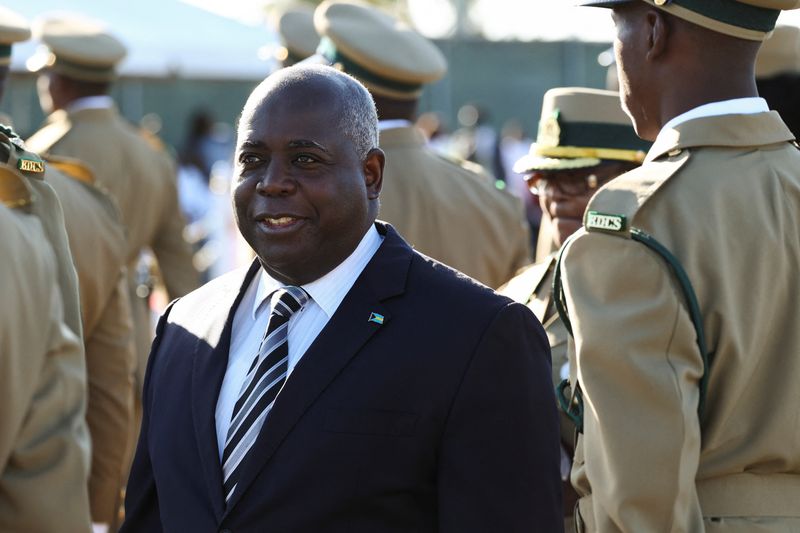By Patricia Zengerle
WASHINGTON (Reuters) -The U.S. Senate passed legislation on Thursday authorizing a record $858 billion in annual defense spending, $45 billion more than proposed by President Joe Biden, and rescinding the military’s COVID vaccine mandate.
Senators supported the National Defense Authorization Act, or NDAA, an annual must-pass bill setting policy for the Pentagon, by an overwhelming 83-11 bipartisan majority.
The no votes came from a mix of liberals who object to the ever-rising military budget and fiscal conservatives who want tighter controls on spending.
With the House of Representatives having passed the measure last week, the NDAA next heads to the White House, where Biden is expected to quickly sign it into law.
The fiscal 2023 NDAA authorizes $858 billion in military spending and includes a 4.6% pay increase for the troops, funding for purchases of weapons, ships and aircraft, and support for Taiwan as it faces aggression from China and for Ukraine as it fights an invasion by Russia.
Ad: Save every day with Amazon Deals: Check out today's daily deals on Amazon.
The vote meant Congress has passed the NDAA every year since 1961.
“This is the most important bill we do every year,” said Senator James Inhofe, the top Republican on the Senate Armed Services Committee, in a statement. This year’s NDAA is named for Inhofe, who is retiring from the Senate.
AID FOR TAIWAN, UKRAINE AND JUDGES
Because it is one of the few major bills that always passes, lawmakers use the NDAA as a vehicle for a range of initiatives.
This year’s measure, which came after months of negotiations between Democrats and Republicans in the House and Senate, includes the State Department authorization and legislation that would allow U.S. Supreme Court justices and federal judges to shield their personal information from being viewed online.
The fiscal 2023 NDAA includes a provision demanded by many Republicans – and opposed by many Democrats – requiring the secretary of defense to rescind a mandate requiring that members of the armed forces be vaccinated against COVID-19.
A bid to amend the bill to award back pay and reinstate troops who refused the vaccine failed.
The bill provides Ukraine at least $800 million in additional security assistance next year and includes a range of provisions to strengthen Taiwan amid tensions with China, including billions of dollars in security assistance and fast-tracked weapons procurement for Taiwan.
Taiwan’s defense ministry expressed its gratitude for the support, saying the planned measures will help the island’s military preparedness and “ensure the freedom, openness, peace and stability of the Indo-Pacific region.”
The bill also authorizes more funds to develop hypersonic weapons, close the Red Hill Bulk Fuel Storage Facility in Hawaii and purchase weapons systems including Lockheed Martin Corp’s F-35 fighter jets and ships made by General Dynamics.
The NDAA is not the final word on spending. Authorization bills create programs, but Congress must pass appropriations bills to give the government legal authority to spend federal money.
A bill to fund the government through Sept. 30, 2023, – the end of the fiscal year – is expected to pass Congress next week.
(Reporting by Patricia Zengerle; Additional reporting by Richard Cowan, and Ben Blanchard in Taipei; Editing by Sandra Maler, Leslie Adler and Edwina Gibbs)





